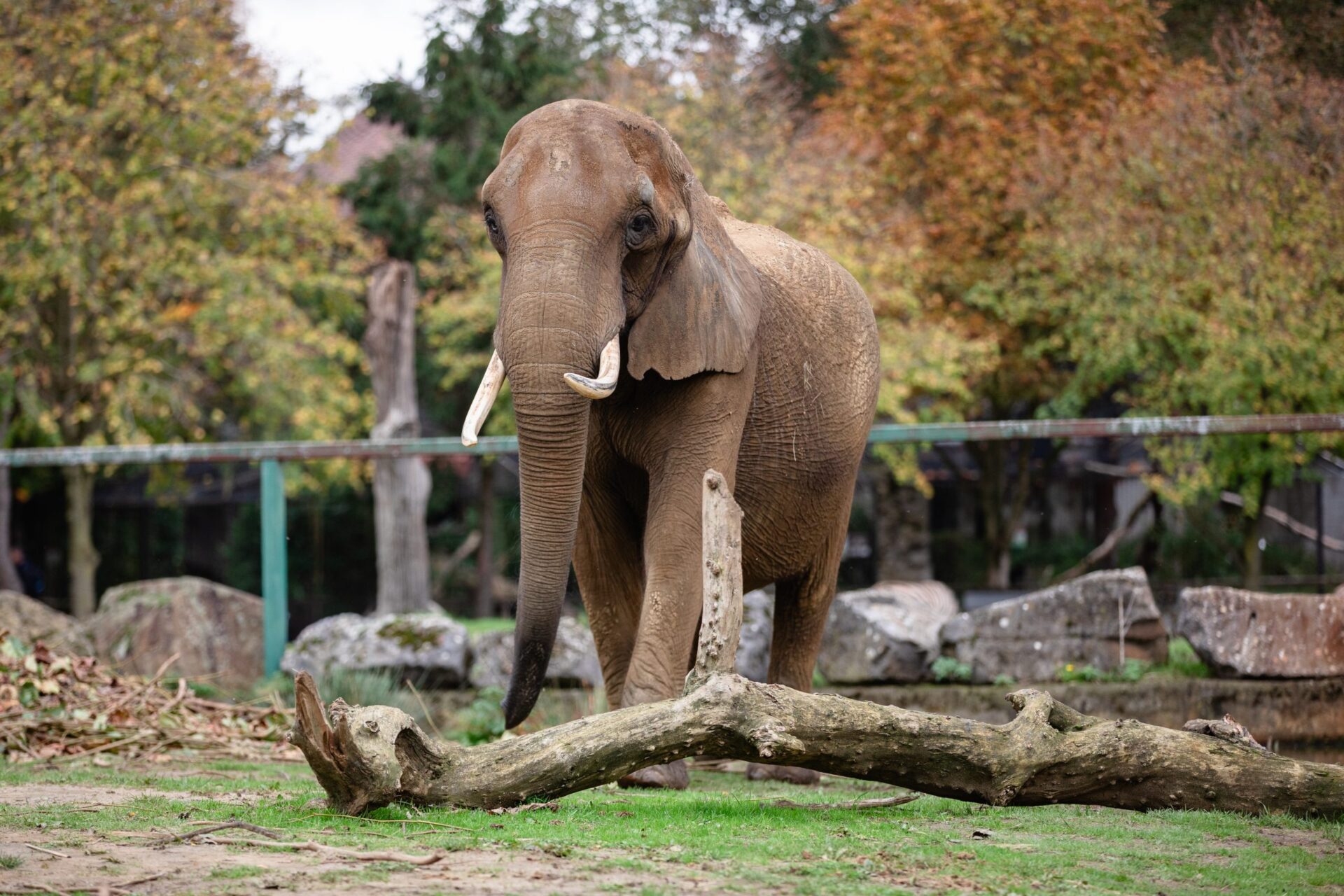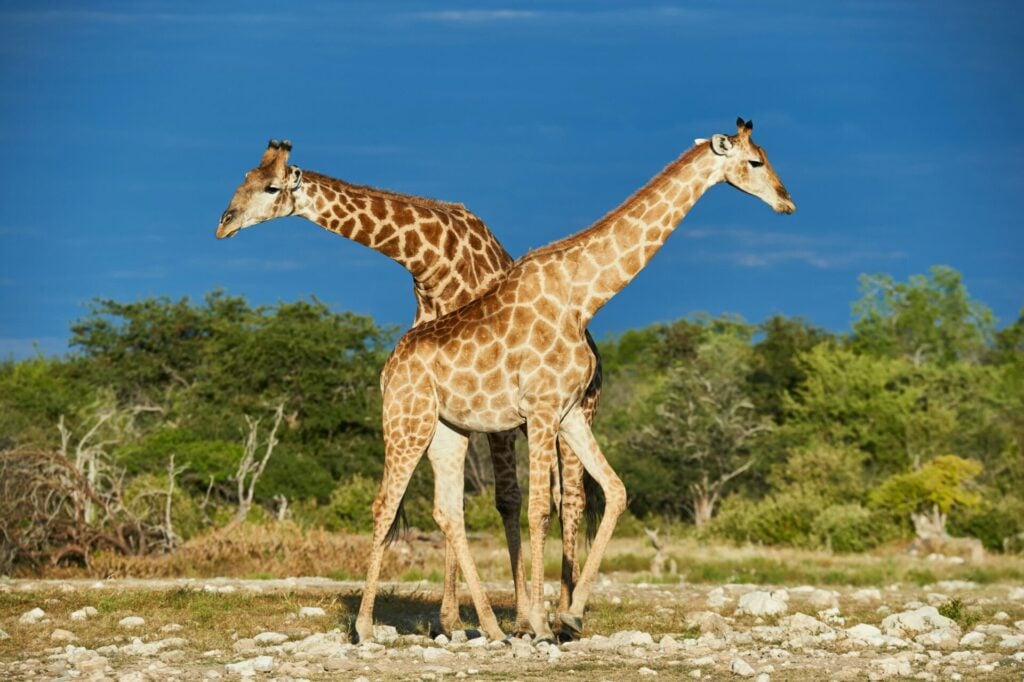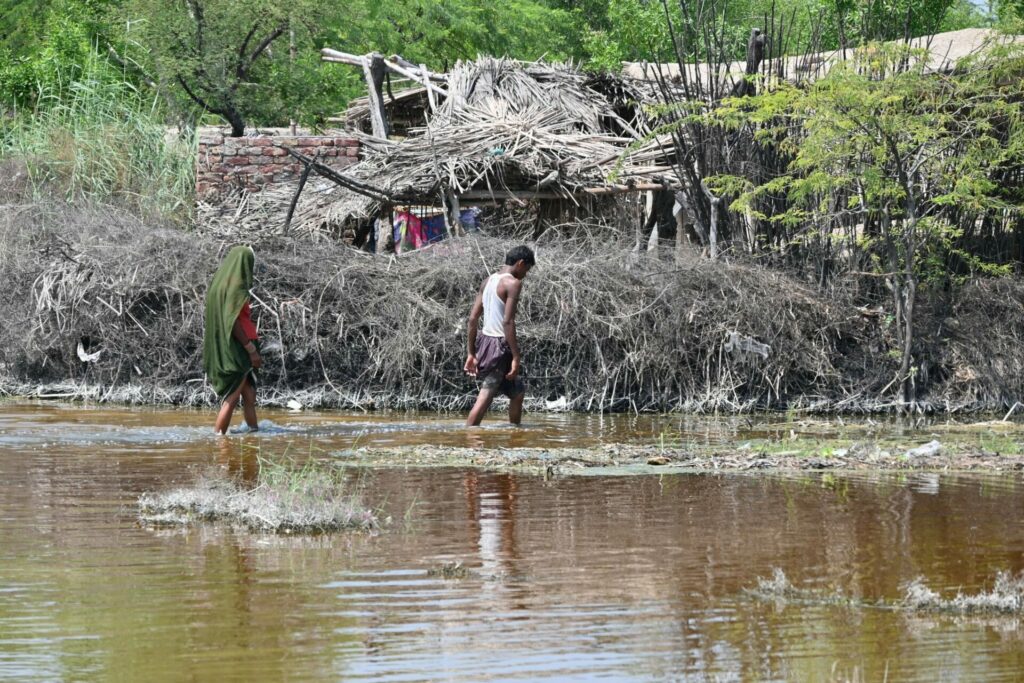Europe’s first sanctuary for elephants formerly kept in captivity is set to open in southern Portugal.
The arrival of the first pachyderms to the site in the Alentejo region is scheduled for early 2026, the project’s organisers announced.
Developed by the non-profit organisation Pangea, which is registered in both the UK and Portugal, work is underway on the first barn and enclosure, which are expected to be completed by December, while a fence is also being installed.
Pangea’s managing director Kate Moore explained that the organisation acquired a 402-hectare property in 2023 to establish the refuge and has since been preparing it for the elephants arrival.
‘We’ve been working on habitat management, improving its quality and ensuring it is as diverse as possible,’ she said.
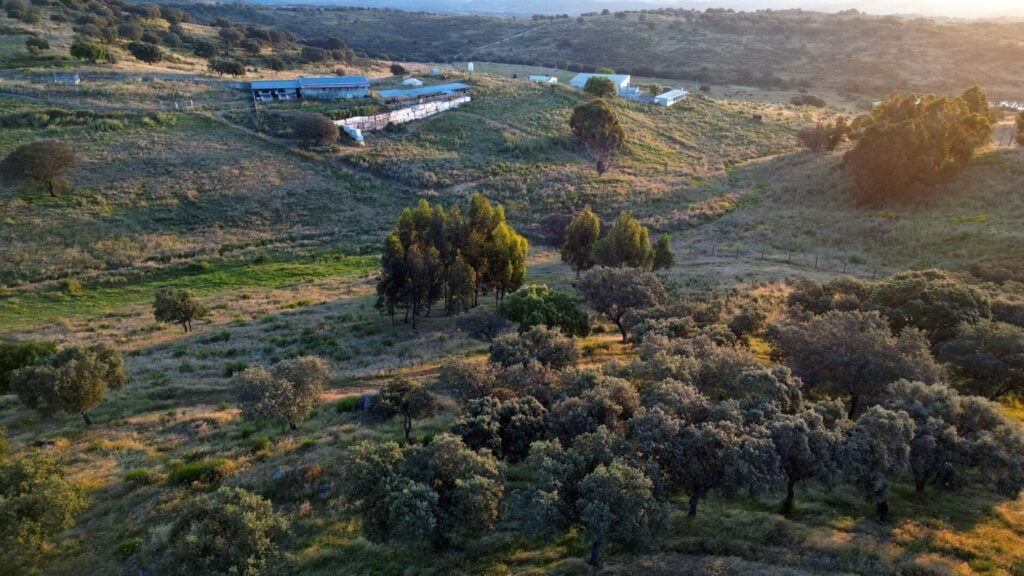
Described by Pangea, which takes its name from a prehistoric continent on Earth, as a pioneering project, the sanctuary aims to provide lifelong care for elephants rehabilitated from zoos and circuses across Europe, ultimately housing between 20 and 30 animals.
‘We’ll be carrying out extensive research into how much space elephants truly need and what works best for them, so that number will be constantly reassessed,’ Moore said.
‘We’re not here to rescue elephants as such, but to work with people who already care for elephants and are seeking a better alternative for them.’
A Safe Haven in Portugal for Captive Elephants
Pangea said the project’s mission is to create a natural environment for elephants in vulnerable situations, allowing them to move freely, forage, and socialise much as they would in the wild.
This includes elephants from countries where circuses have banned the use of wild animals, as well as zoos that no longer wish to keep elephants but have nowhere suitable to relocate them.
‘We want to help those circuses, zoos, and governments give these elephants a home, a place where they can roam freely in a natural setting, while still receiving expert veterinary and welfare care,’ Moore said.
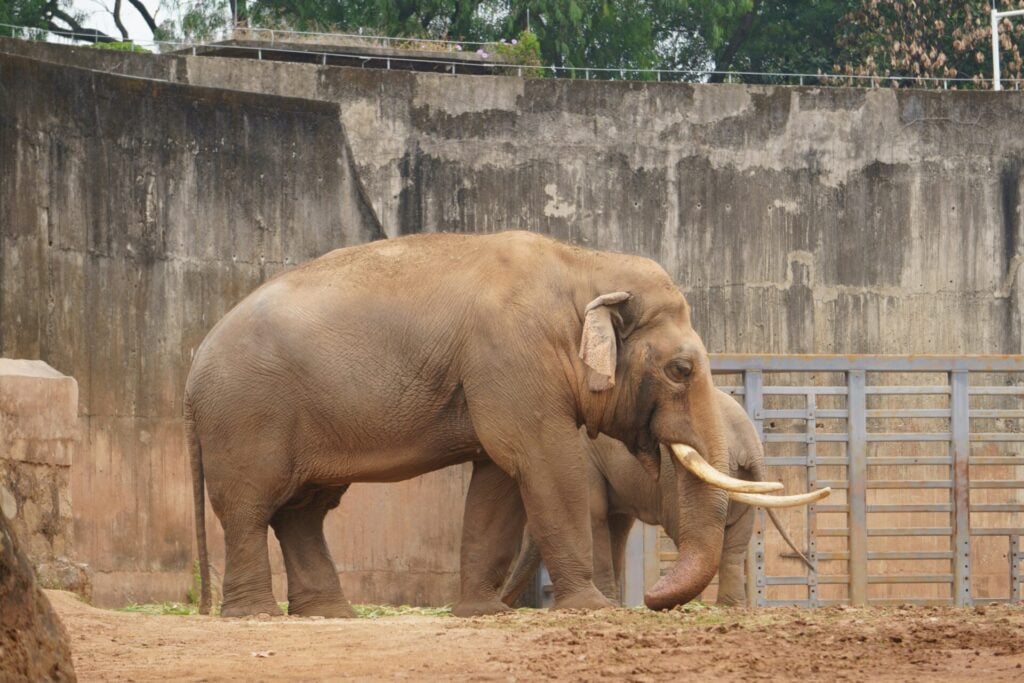
Following a Europe-wide feasibility study, Portugal was selected for its ideal habitat conditions and favourable climate.
Moore added that the Alentejo site was chosen as ‘the best option due to its gently rolling hills, rich biodiversity, private setting, and abundant water sources’.
Although the sanctuary will not be open to the public on a regular basis, Moore revealed that annual open days are being planned. ‘We’ll invite selected members of the local community and donors to visit through a lottery or raffle system,’ she explained.
A female African elephant named Kariba will be one of the first to arrive at the sanctuary.

Currently living at a zoo in Belgium, Kariba was captured from the wild in Zimbabwe as a young calf in 1984 and spent many years in zoos across Europe.
She arrived at Olmense Zoo in Belgium in 2012 to join another African elephant, Jenny. In 2019, the zoo was placed under new management who committed to improving animal welfare and renamed it Pakawi Park.
When Jenny passed away in 2022, Kariba was left alone and her keepers looked for a new home where she could be with other elephants.
The project has attracted widespread local support. Inácio Esperança, mayor of the nearby town of Vila Viçosa, said: ‘This is a project the Alentejo can be proud of – a first for Europe that benefits not only elephant welfare but our communities too – new jobs, business for local suppliers, training opportunities, and a point of interest that will draw visitors to the region.’

